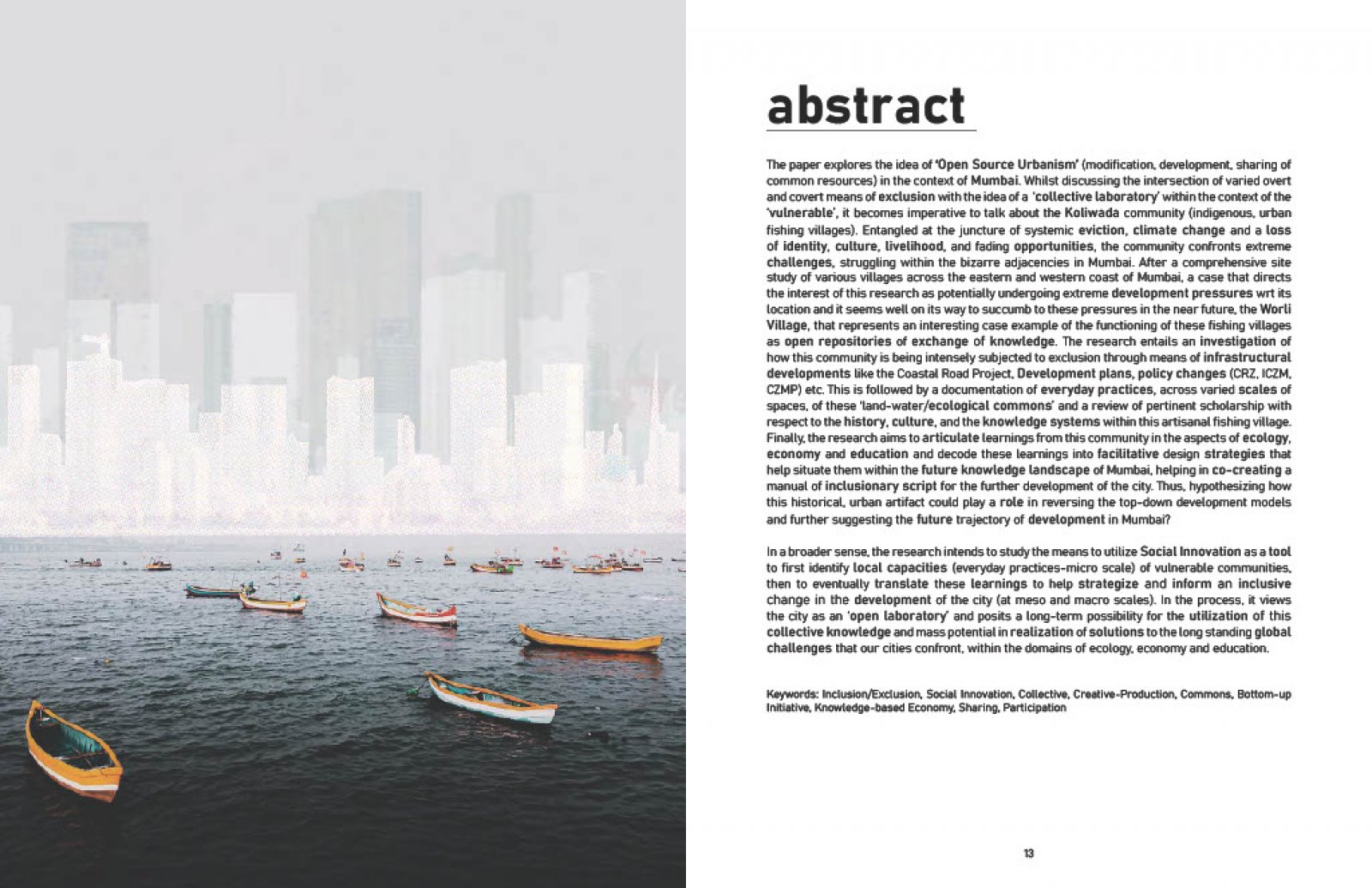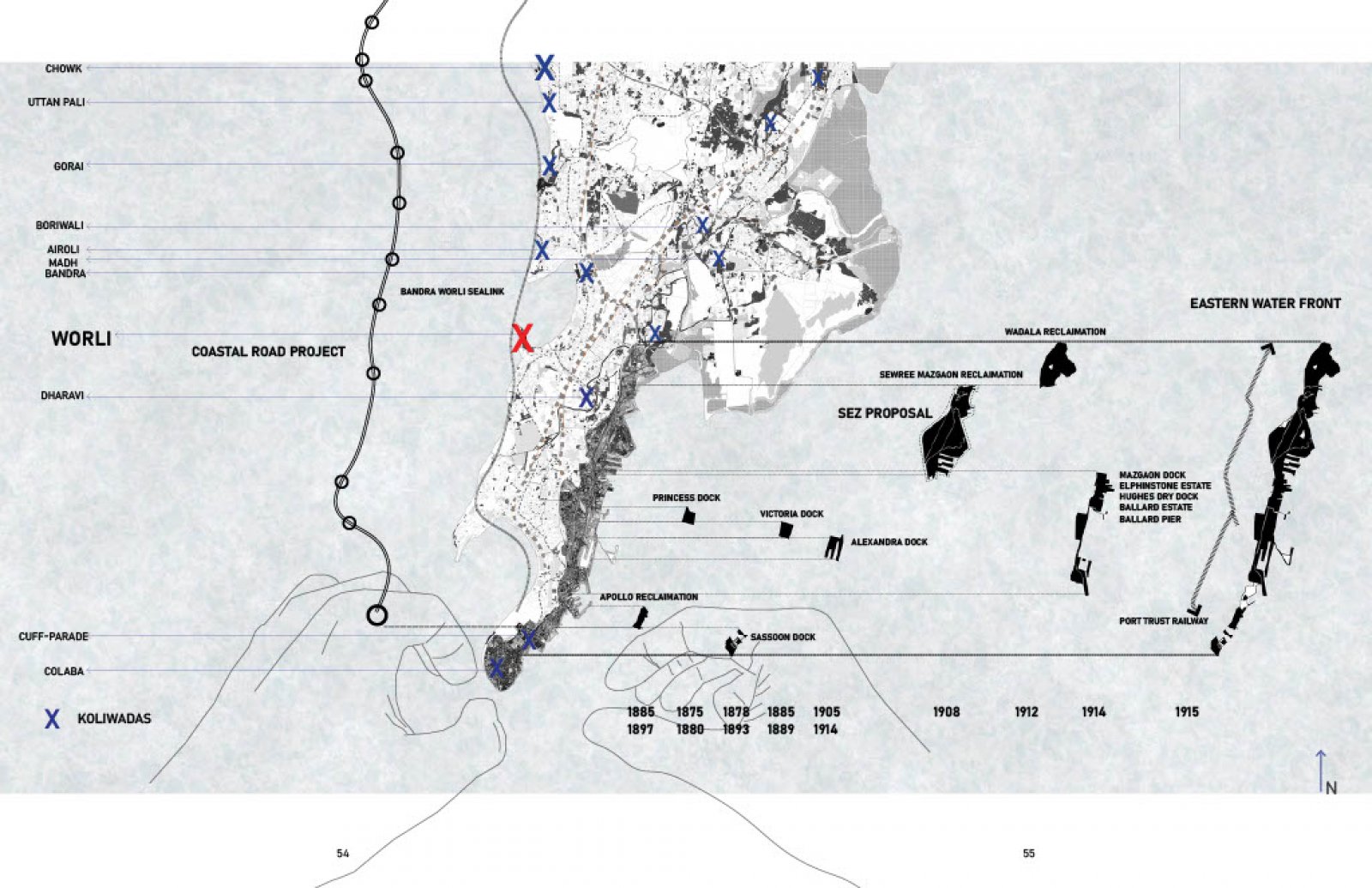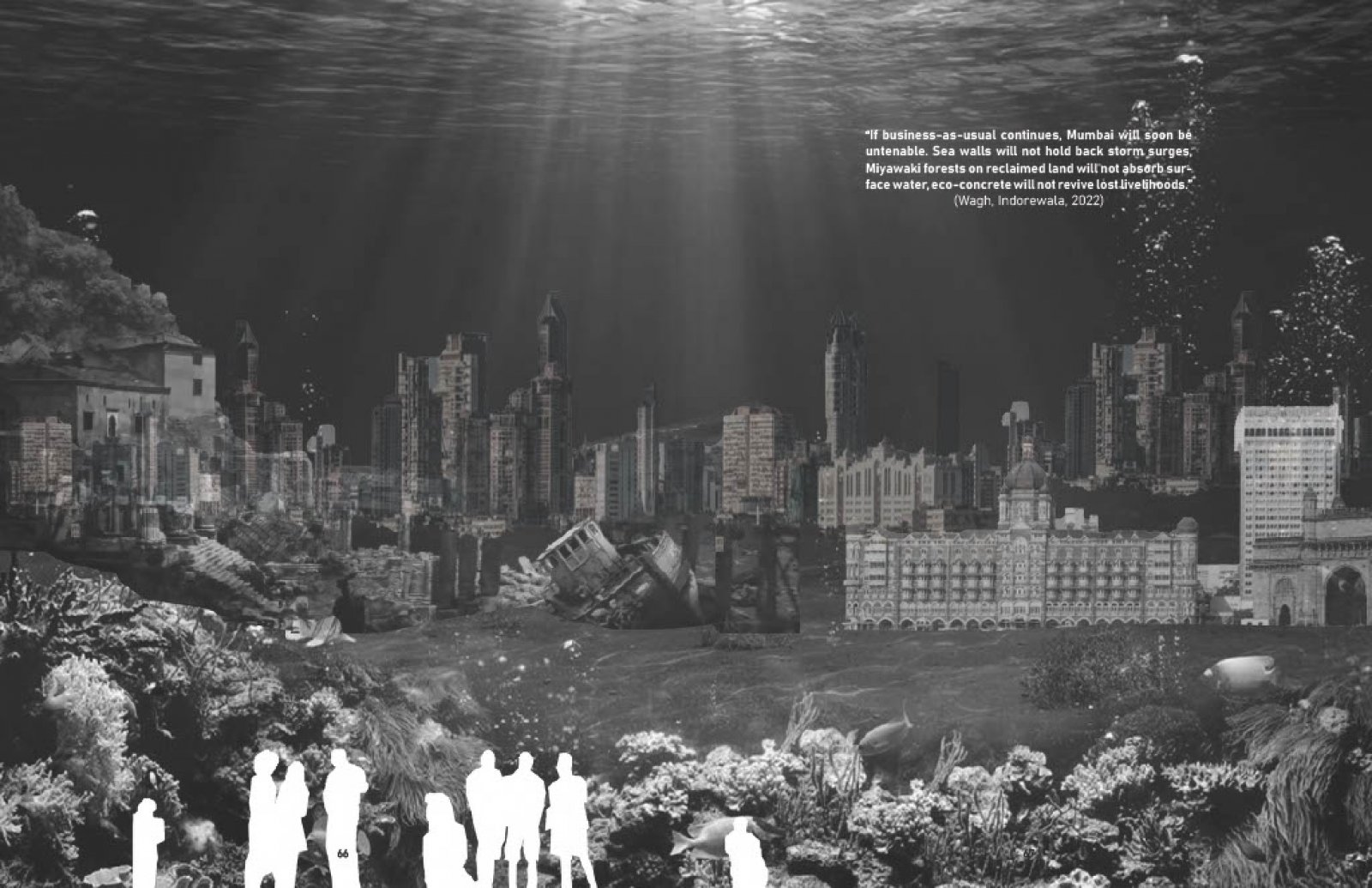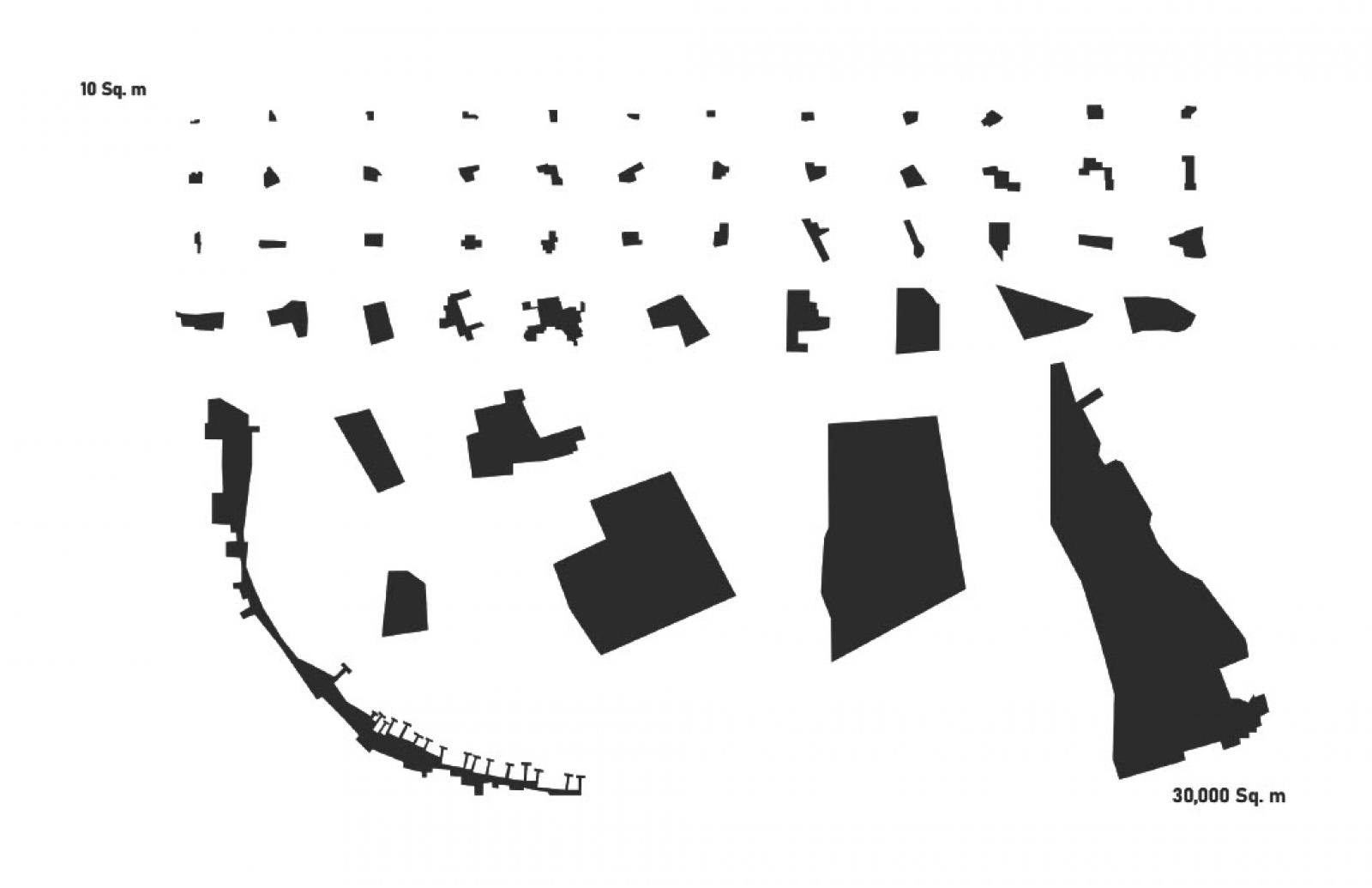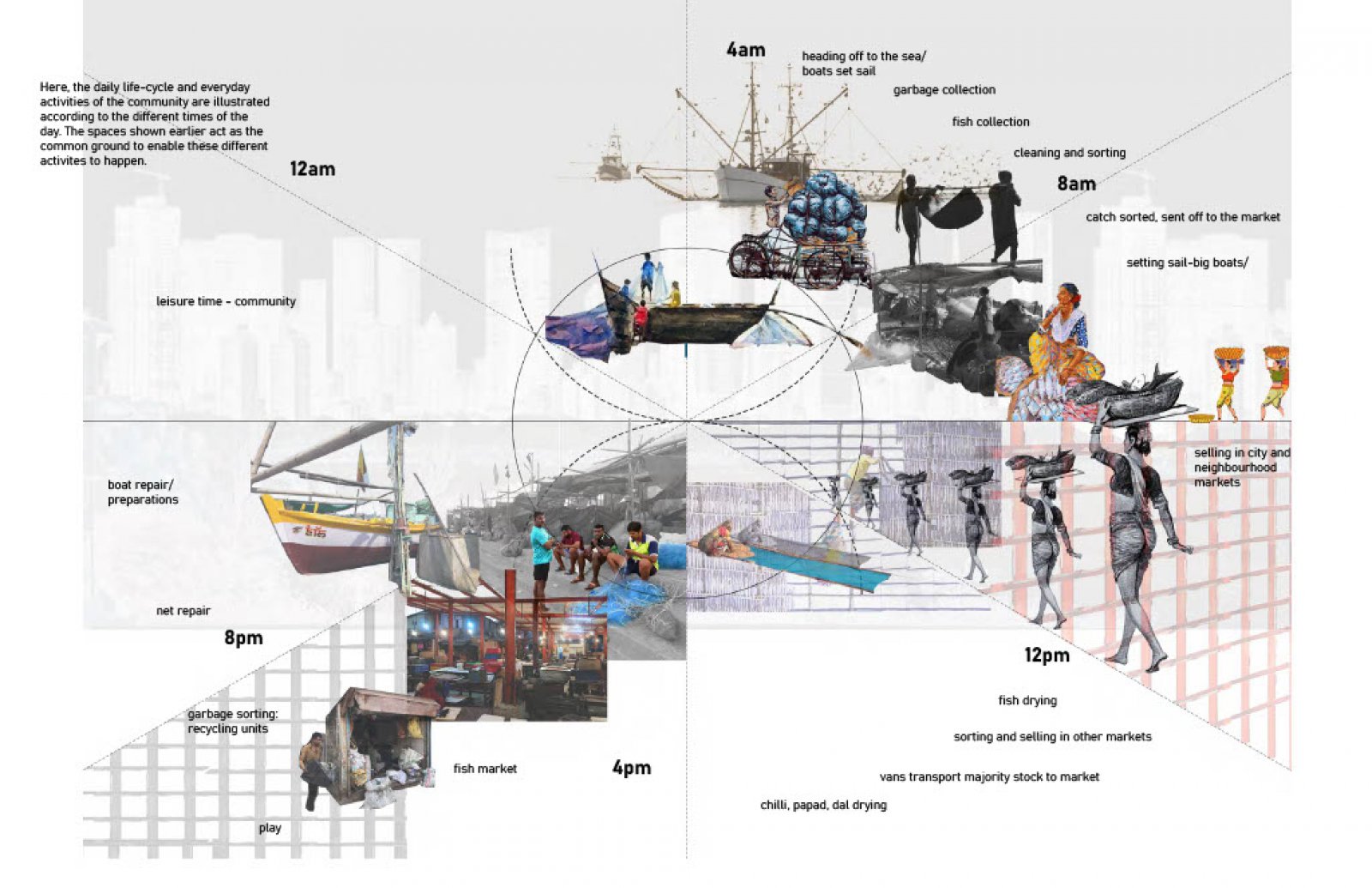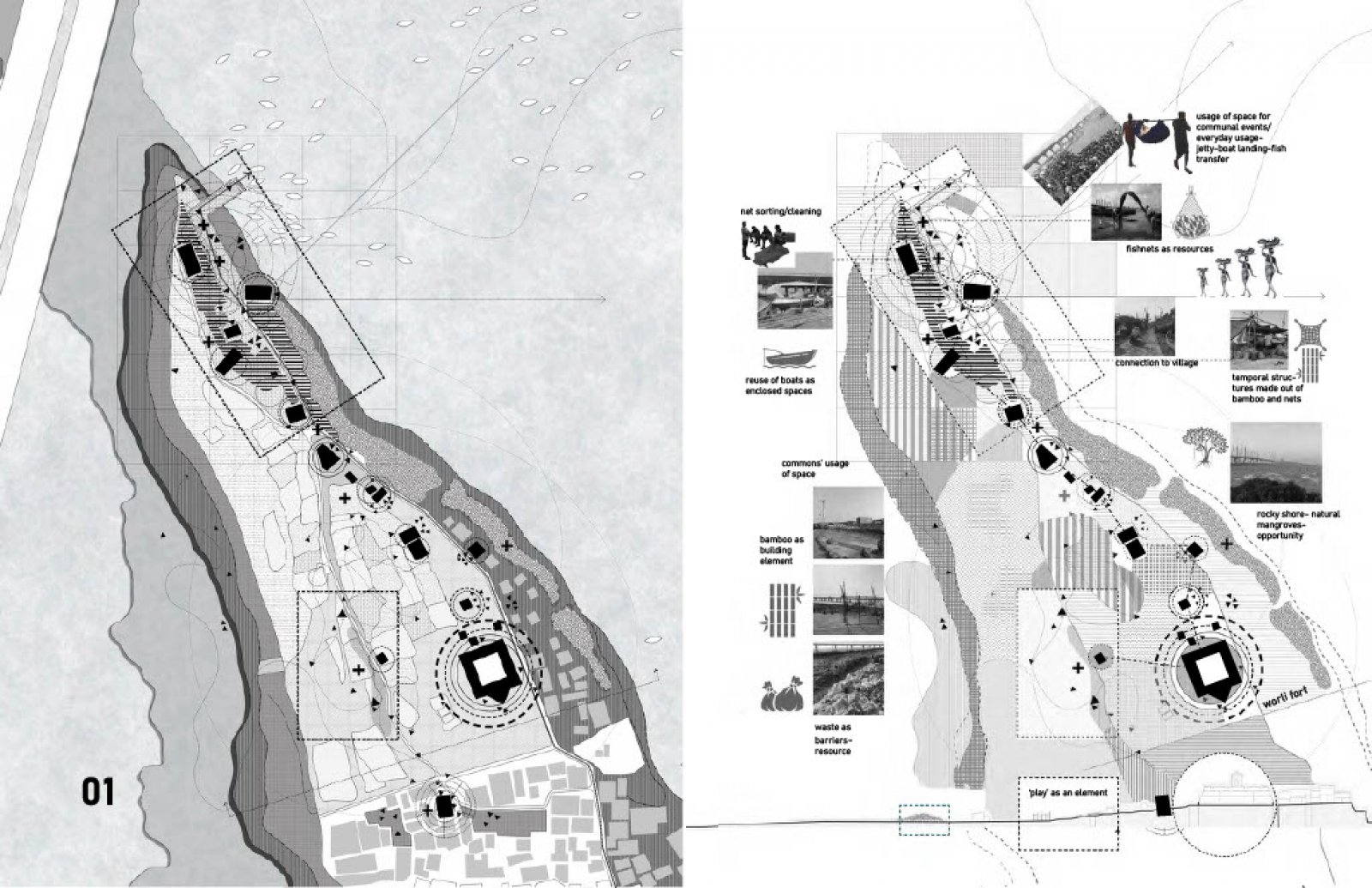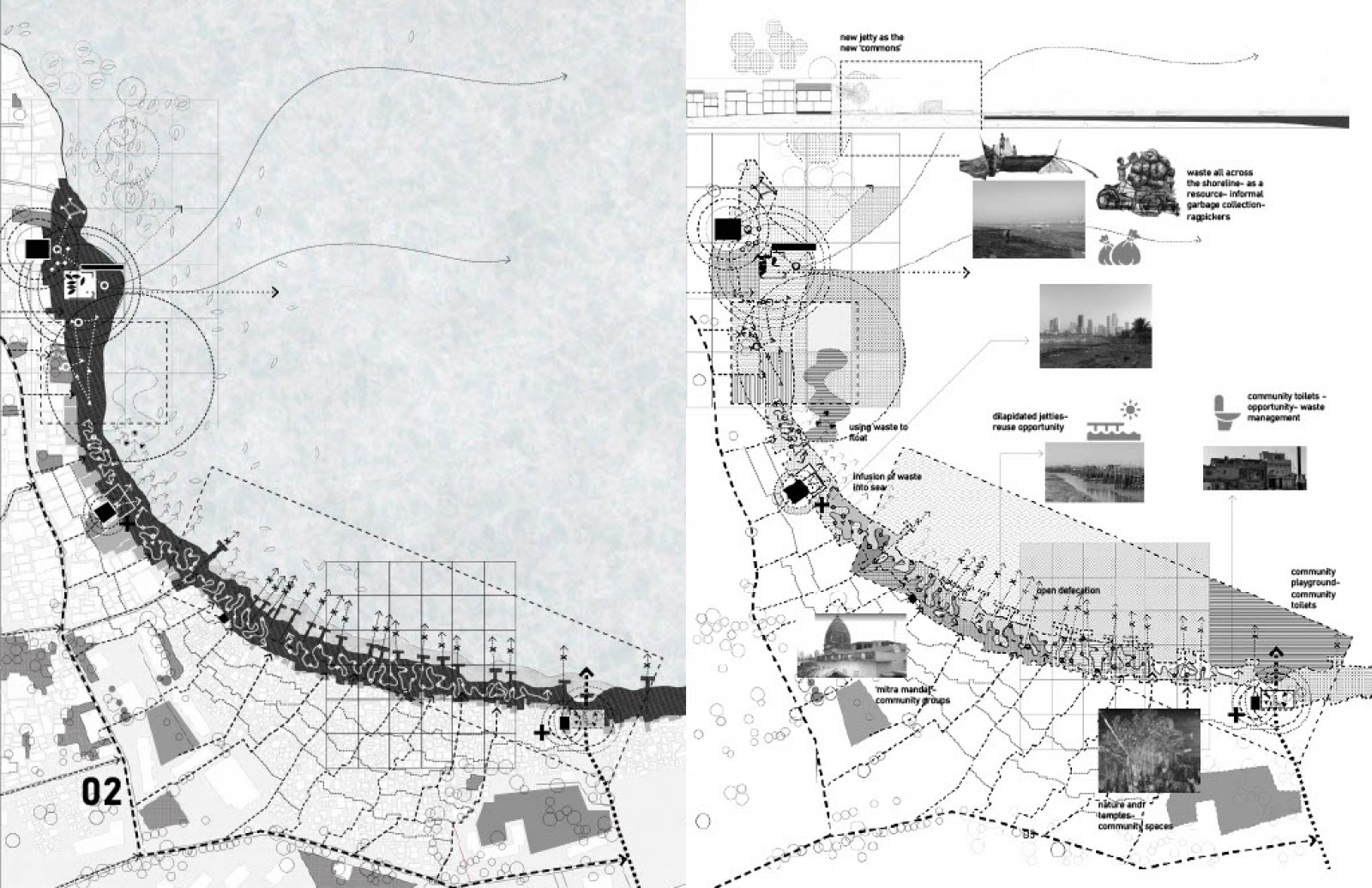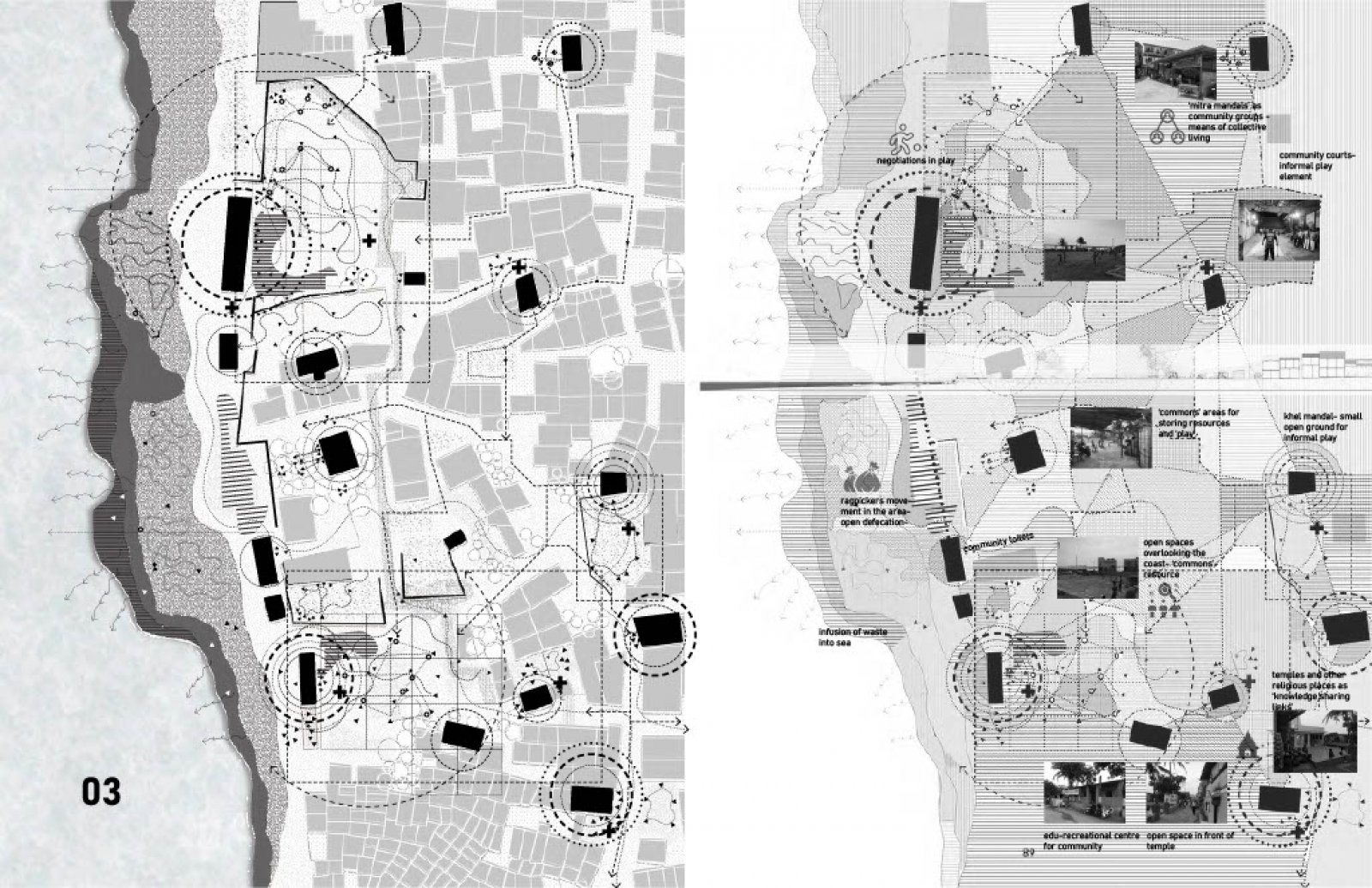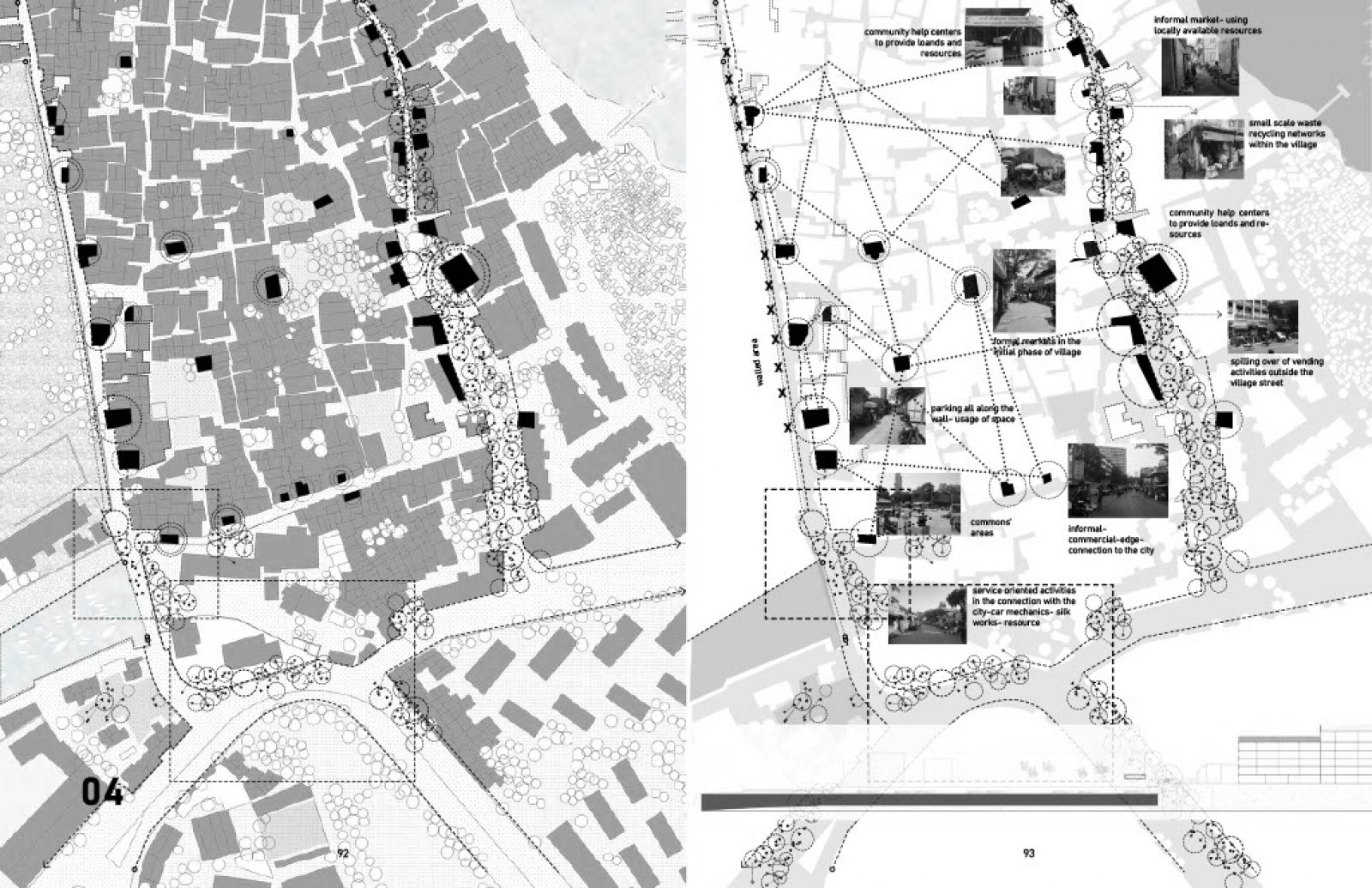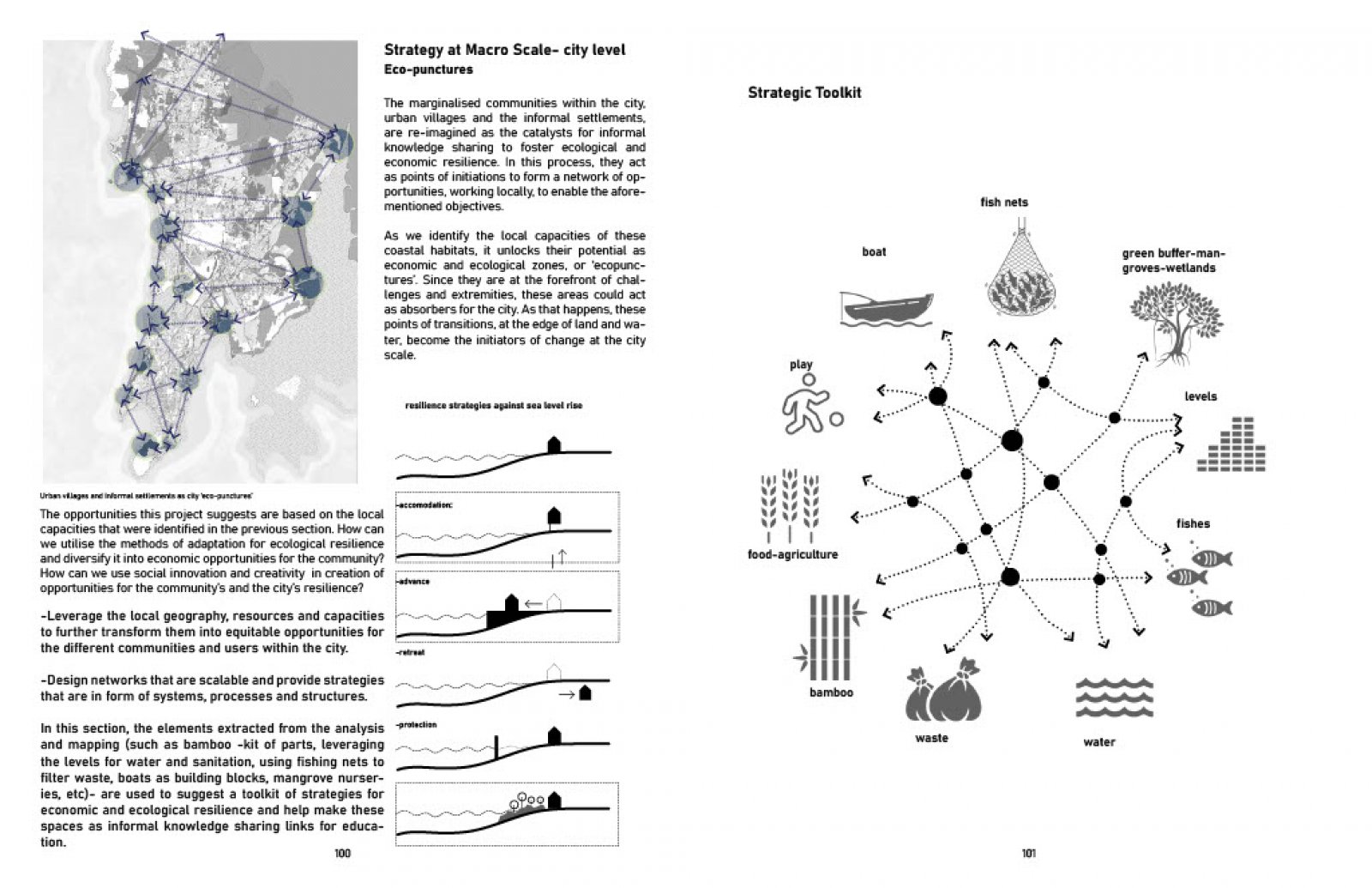- Student Raghav Kohli
- Code UD2817
- Faculty Planning
- Tutor/s Rajiv Kadam
- TA Aryan Iyer,Vaishnavi Akilla
The paper explores the idea of ‘Open Source Urbanism’ (modification, development, sharing of common resources) in the context of Mumbai. Whilst discussing the intersection of varied overt and covert means of exclusion with the idea of a ‘collective laboratory’ within the context of the ‘vulnerable’, it becomes imperative to talk about the Koliwada community (indigenous, urban fishing villages). Entangled at the juncture of systemic eviction, climate change and a loss of identity, culture, livelihood, and fading opportunities, the community confronts extreme challenges, struggling within the bizarre adjacencies in Mumbai. After a comprehensive site study of various villages across the eastern and western coast of Mumbai, a case that directs the interest of this research as potentially undergoing extreme development pressures wrt its location and it seems well on its way to succumb to these pressures in the near future, the Worli Village, that represents an interesting case example of the functioning of these fishing villages as open repositories of exchange of knowledge. The research entails an investigation of how this community is being intensely subjected to exclusion through means of infrastructural developments like the Coastal Road Project, Development plans, policy changes (CRZ, ICZM, CZMP) etc. This is followed by a documentation of everyday practices, across varied scales of spaces, of these ‘land-water/ecological commons’ and a review of pertinent scholarship with respect to the history, culture, and the knowledge systems within this artisanal fishing village. Finally, the research aims to articulate learnings from this community in the aspects of ecology, economy and education and decode these learnings into facilitative design strategies that help situate them within the future knowledge landscape of Mumbai, helping in co-creating a manual of inclusionary script for the further development of the city. Thus, hypothesizing how this historical, urban artifact could play a role in reversing the top-down development models and further suggesting the future trajectory of development in Mumbai? In a broader sense, the research intends to study the means to utilize Social Innovation as a tool to first identify local capacities (everyday practices-micro scale) of vulnerable communities, then to eventually translate these learnings to help strategize and inform an inclusive change in the development of the city (at meso and macro scales). In the process, it views the city as an ‘open laboratory’ and posits a long-term possibility for the utilization of this collective knowledge and mass potential in realization of solutions to the long standing global challenges that our cities confront, within the domains of ecology, economy and education.
